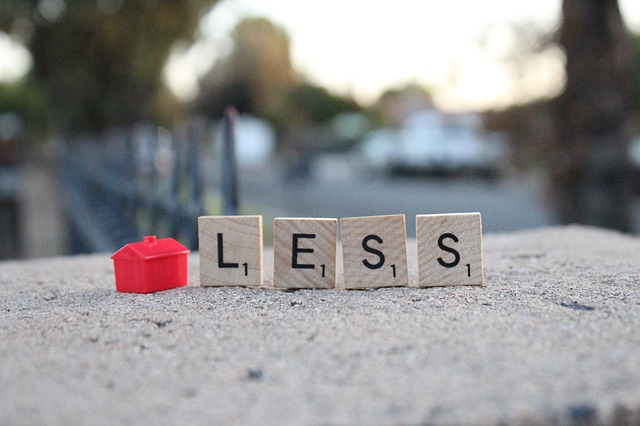We all know the importance of having an identification card, yet we don’t always think about the significance of these small details when discussing homelessness. It takes three items to be considered “document ready,” a term commonly used to describe a person that has the necessary documents in order to be housed. They must have an ID, a Social Security card and proof of income.
We commonly discuss mental illness, substance use and having a criminal background as being the most common barriers to housing, but let’s discuss how these struggles can also be barriers to obtaining and maintaining identification documents.

In my three years working in homeless services, I have taken several people to the Social Security Administration and the Department of Motor Vehicles. As we wait in line, I watch their anxiety escalate until it becomes insurmountable. They storm off empty-handed and I hang my head feeling defeated.
The people that I encounter at my job are likely to have experienced multiple forms of trauma while living on the streets. They live with PTSD, anxiety or a number of other illnesses that are exacerbated when living without shelter. They also tend to have physical ailments that go untreated. We expect them to not only wait in long lines to obtain documentation, but also to hold onto that documentation once they have it.
[Related: Without ID, Homeless Trapped in Vicious Cycle]
Homeless Humans are Vulnerable Humans
 I recently took a client to the DMV. She is living with an untreated mental illness and a particularly malodorous case of gangrene. I sat with her as she struggled to complete the application. I watched as DMV employees followed behind her with a can of Lysol, disinfecting everything she touched. It felt cruel. It was the shortest time I have spent in that building, as they funneled her through the lines just to get her out the door as quickly as possible.
I recently took a client to the DMV. She is living with an untreated mental illness and a particularly malodorous case of gangrene. I sat with her as she struggled to complete the application. I watched as DMV employees followed behind her with a can of Lysol, disinfecting everything she touched. It felt cruel. It was the shortest time I have spent in that building, as they funneled her through the lines just to get her out the door as quickly as possible.
We left the DMV and headed to the Department of Public Social Services office. I went through the metal detector, cut through the crowd and walked over to the counter to sign my client in. When I turned around, she was gone. I raced out of the building to find her halfway down the block. “I’m done!” she proclaimed, “I’ve had enough!” The stress of the crowds and the lines finally won the battle.

When her ID finally arrived, I begged her to let me hang onto it. I explained the importance of having it available when a housing opportunity arises. She explained to me the importance of having it in case the police stopped her. I couldn’t argue. She took it with her. She lost it two days later.
Coming Up With Solutions
Is it possible to find a way to make these seemingly small details just a little bit easier to process? We talk about the lack of affordable housing and the lack of proper mental health care providers, but maybe we should start talking about approaches that could make housing the unsheltered more user-friendly.

